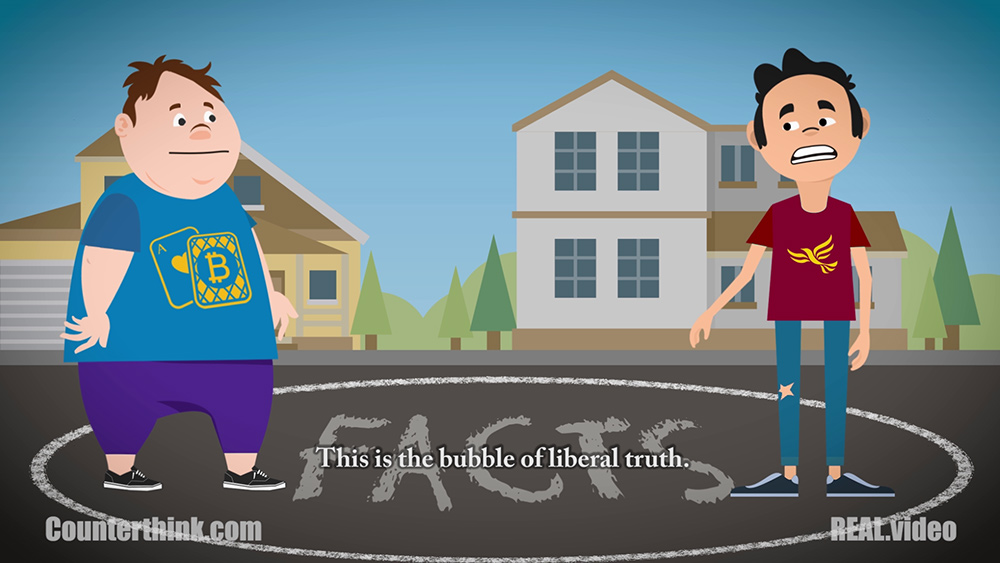Study: People who feel “entitled” are less prone to obey society’s rules because they don’t think the rules apply to THEM
01/01/2018 / By JD Heyes

Have you ever pulled up in front of a large retail store only to find your vehicle partially blocked by someone sitting in a “no parking” zone in front of the entrance?
Ever witnessed some jerk butting in line, or arguing with a clerk over a sale item, or taking off at a four-way stop before it’s their turn?
Two things.
First of all, you’re certainly not alone. And secondly, a new study finds that people who act that way feel entitled to so do because they see many of society’s rules as ‘unfair burdens’ forced upon them.
Researchers from Harvard and Cornell universities recently sought to figure out why some people behave like real pieces of work when others don’t as they interact with each other in our society.
Specifically, they “sought to better understand the root of entitlement, which occurs when people believe they deserve special treatment and show less consideration or care for how their behavior will affect those around them,” according to StudyFinds.org.
Today’s so-called “Millennials” are often viewed by older Americans and their colleagues as what many would define as “entitled.” That’s because of their unreasonable expectations for benefits, amenities and other rewards in the workplace, or their disappointment with generally lower wages straight out of college (or high school).
Much of this stems from today’s “participation trophy” culture, which, as the Chicago Tribune notes, is really not healthy for societal evolution:
At a time when children are presented with awards for participating or even showing up, it’s not surprising that parents can purchase a ribbon. But every time we give our children an award for something they didn’t legitimately achieve, we’re doing them a disservice that can last significantly longer than the high of receiving the award lasts, said Chris Hudson, founder of Understanding Teenagers.
Cornell and Harvard study co-authors Emily Zitek and Alexander Jordan appear to have produced evidence supportive of that thesis.
They led a half-dozen studies that attempted to learn why people felt so entitled to things they have not legitimately earned or otherwise have no right to claim.
In one of their experiments, the research team was able to confirm that individuals who demonstrated entitlement traits and behaviors were not as likely to follow instructions during a simple word search activity.
Next, the researchers attempted to learn whether certain variables like selfishness, punishment, or control might affect an entitled person’s willingness to ignore and skirt rules. (Related: Consciousness, cognitive function, memory storage: Scientists study the role of the thalamus.)
When study participants were given a situation where it took very little effort for them to follow established rules, those who felt entitled still ignored them.
Also, even when instructions were given to participants in a less controlling manner, or when participants were told there would be a punishment for failure to follow the rules, participants continued to ignore them, which surprised the researchers, StudySays.org noted.
“We thought that everyone would follow instructions when we told people that they would definitely get punished for not doing so, but entitled individuals still were less likely to follow instructions than less entitled individuals,” Zitek said in a news release by the Society for Personality and Social Psychology.
For the two final studies, the research duo found that people who have entitlement issues very often believe that established rules are unfair to them.
Study participants were given situations in which ultimatums were delivered to them when it came to following rules; the entitled individuals were still more prone to ignore the rules because they did not consider them to be fair.
“A challenge for managers, professors, and anyone else who needs to get people with a sense of entitlement to follow instructions is to think about how to frame the instructions to make them seem fairer or more legitimate,” says Zitek.
Read more of J.D. Heyes’ work at The National Sentinel.
Sources include:
Tagged Under: civility, Crybullies, entitled, entitlement culture, feeling entitled, jerks, millennials, participation trophy, Psychology, social contract, society, unreasonable expectations, weird science




















